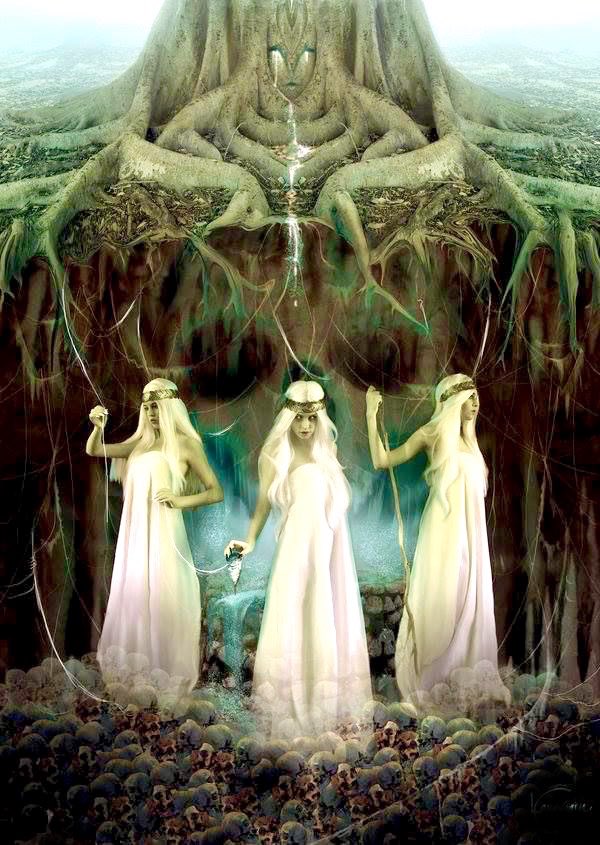Fate and destiny were important concepts in Norse mythology, reflecting the belief that events in the world were predetermined and inevitable. The idea of fate was represented by the Norns, three goddesses who controlled the threads of fate and determined the destiny of all living beings.
According to mythology, the Norns lived at the base of the great tree Yggdrasil and were responsible for weaving the threads of fate. The three goddesses represented the past, present, and future, and their actions had a profound impact on the lives of mortals and gods alike.
The concept of fate and destiny was significant in Norse mythology because it emphasized the cyclical nature of life and death. It also reflected the importance of honor and bravery in the face of adversity, as events were seen as predetermined and inevitable.
The idea of fate and destiny can also be interpreted in a broader context as a reflection of Norse society's belief in the power of the gods and the interconnectedness of all things in the universe. The threads of fate represented the interconnectedness of all living beings and the role that the gods played in determining the destiny of the world.
However, the concept of fate and destiny in Norse mythology was not without its complexities. While events were seen as predetermined, individuals still had the power to choose their actions and determine their own fate to some extent.
Overall, the concept of fate and destiny in Norse mythology was a complex and multifaceted one. It represented the cyclical nature of life and death, the importance of honor and bravery, and the power of the gods to shape the destiny of the world.
Works Cited:
Guerber, H. A. Myths of the Norsemen: From the Eddas and Sagas. Barnes Noble, 2006.








